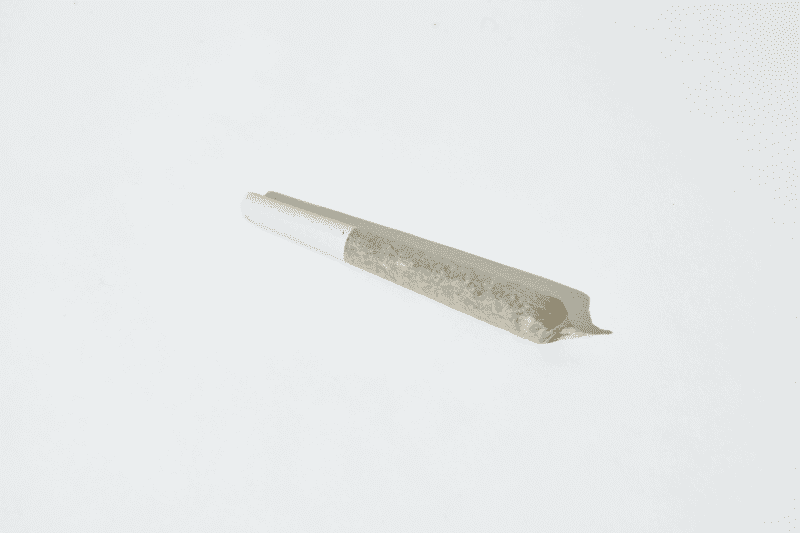The voters in more and more states are deciding that recreational use of marijuana should be legal. And while Pennsylvania is not one of those states—at least not yet—it is plain to see that attitudes about the drug are undergoing a significant shift in the United States.
Illegal or Legal, You Can Become Addicted
As the legalization of cannabis (another name for marijuana) gains momentum nationwide, it might be tempting to conclude that the drug must not be problematic for anyone. After all, if it was truly dangerous, folks would not want it to be legal, right?
That might be an appealing argument if you are in favor of legalization, but it is not one that can withstand much scrutiny. To prove it, let us ask you one very simple question:
Can you think of a drug that is legal in all 50 states that can lead to addiction and a range of other negative consequences? Of course you can.
Alcohol is legal in all 50 states. It is also connected to a bunch of bad outcomes ranging from car accidents—many of them deadly—to poor decision-making with lasting consequences to broken relationships. Heck, a substance use disorder centered on alcohol even has its own name—alcoholism, or alcohol use disorder.
So if alcohol can be legal and, at the same time, can be potentially problematic in any number of ways, the same can also be true of marijuana.
How can you tell if you have an issue with marijuana?
Signs You Have a Problem with Marijuana
While marijuana use does not seem to lead to the extremely dangerous physical addictions associated with many other drugs, it can still be at the center of a substance use disorder.
A regular marijuana user will experience changes in the brain due to the ongoing supply of THC, which is the part of the drug that delivers the high. That means that if you stop using the drug, your brain will quickly let you know it is not pleased. In other words, you will start to experience the symptoms of withdrawal. Those symptoms may include:
- Strong cravings for marijuana that may be extremely difficult to resist
- Changes to your mood, which may include increased irritability
- Headaches, sweating, chills, cold sweats, and loss of focus
- A reduced appetite and stomach issues, trouble sleeping, and increased symptoms of depression
As we have noted, these withdrawal symptoms undermine the idea that you cannot become addicted to marijuana.
Things to Consider When Giving Up Marijuana
The good news is that, for many people, the withdrawal period for cannabis is fairly brief and fairly manageable. For others, however, it is a good idea to get the opinion of a physician or therapist when deciding to quit smoking marijuana (or ingesting it in other ways, such as edibles). Your doctor or therapist may be able to suggest strategies for limiting the severity of your withdrawal symptoms so that you are more likely to succeed.
Those approaches—quitting on your own or with the help of a physician or therapist—are more likely to be effective if cannabis is the only issue in play. If, however, an underlying mental health disorder—like depression, anxiety, or a trauma-induced disorder—is part of the reason you turned to the drug in the first place, you may need more help to reach your goal of living without marijuana.
This is even more likely if marijuana has served as a gateway drug to other substances or if you have a drinking problem. In this case, the best solutions are likely either a focused outpatient program or going through detox and rehab in a residential facility. Inpatient treatment will include therapy—both group and individual—that can help you with your substance use disorder while also addressing co-occurring mental health disorders.
We Are Not Blowing Smoke – We Can Help
If you are struggling with a substance use disorder, we can help. We are committed to care grounded in both compassion and expertise. We will listen to you and personalize your treatment plan—because no two people (or situations) are identical. We can help you with co-occurring mental health disorders, and we can make sure you return to daily life with the support you need to maintain your hard-won sobriety. Whether you are struggling with marijuana, alcohol, or any other drug, French Creek Recovery Center can help you reclaim your life and start your recovery journey with confidence.

